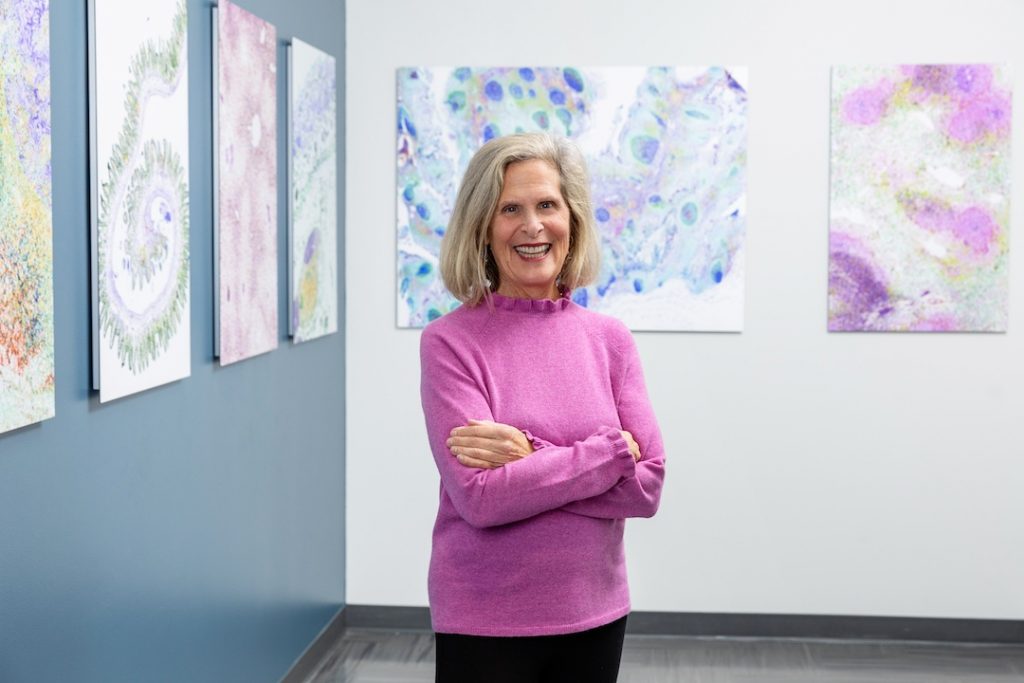La Jolla Institute for Immunology (LJI) Professor Alessandro Sette, Dr.Bio.Sci., is working to understand microbes past, present, and future. His laboratory investigates how the body’s T cells remember previous invaders and vaccines, react to current threats—and protect us from emerging diseases.
This research has shed light on how immune cells defend us from threats such as SARS-CoV-2, HIV, tuberculosis, influenza, dengue, and malaria. In fact, since 2020, Sette’s laboratory has been at the forefront of SARS-CoV-2 research, and his team has provided critical information about the life-saving power of COVID-19 vaccines.
In recognition of this groundbreaking work, the American Academy of Microbiology (AAM) recently elected Sette as a fellow of the Academy. AAM is the honorific leadership group within the American Society for Microbiology (ASM), one of the largest life science societies in the world. “I was very happy, pleased, and enthusiastic to get the news,” says Sette.
The new AAM honor also recognizes Sette’s commitment to sharing scientific research with a wider audience. His outreach efforts include media interviews and projects to fuel immune system and microbiology research around the globe.
One massive undertaking has been the co-leadership of the Immune Epitope Database and Analysis Resource (IEDB), which he co-directs with LJI Professor Bjoern Peters, Ph.D. The IEDB launched in 2003 and is a freely available site funded by the National Institute of Allergy and Infectious Diseases (NIAID). Researchers around the world can access the site and submit data on immune cell targets, and a team led by Sette and Peters works to capture and curate information related to microbes and infections in the scientific literature.
Sette says groups like ASM provide critical avenues for scientists looking to collaborate and launch new research into dangerous pathogens.
“There’s a heightened awareness of viral families that may be lurking and capable of creating havoc,” says Sette. “The ASM continues to play an important role in disseminating information and organizing meetings focused on microbiology. Creating channels to share this information is a pillar of scientific progress.”




